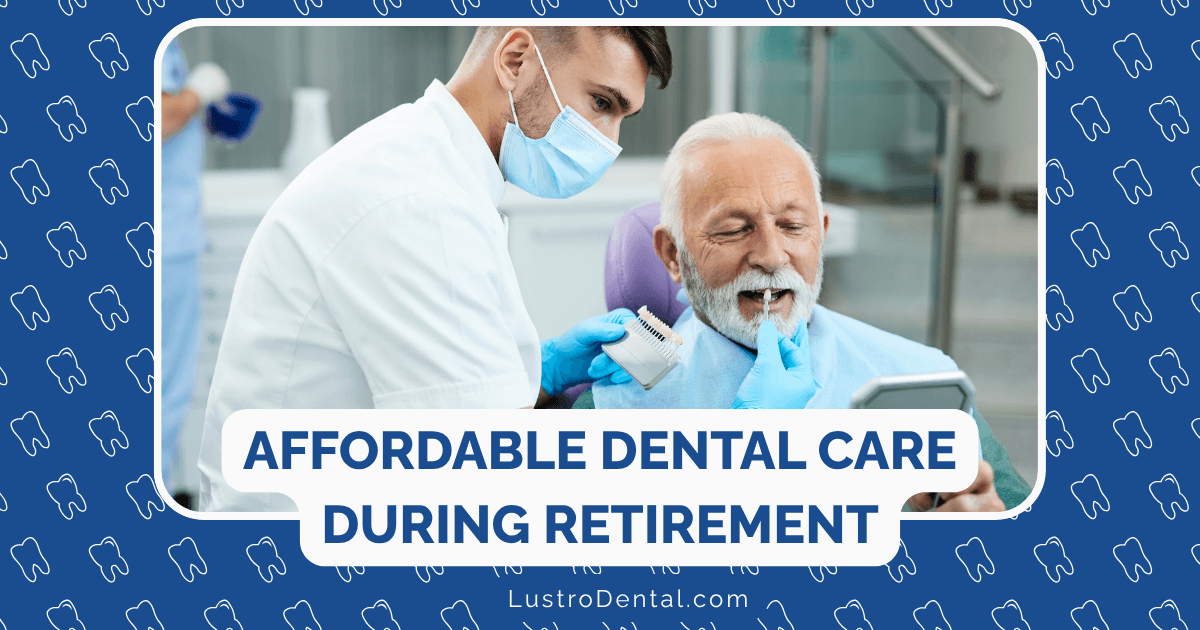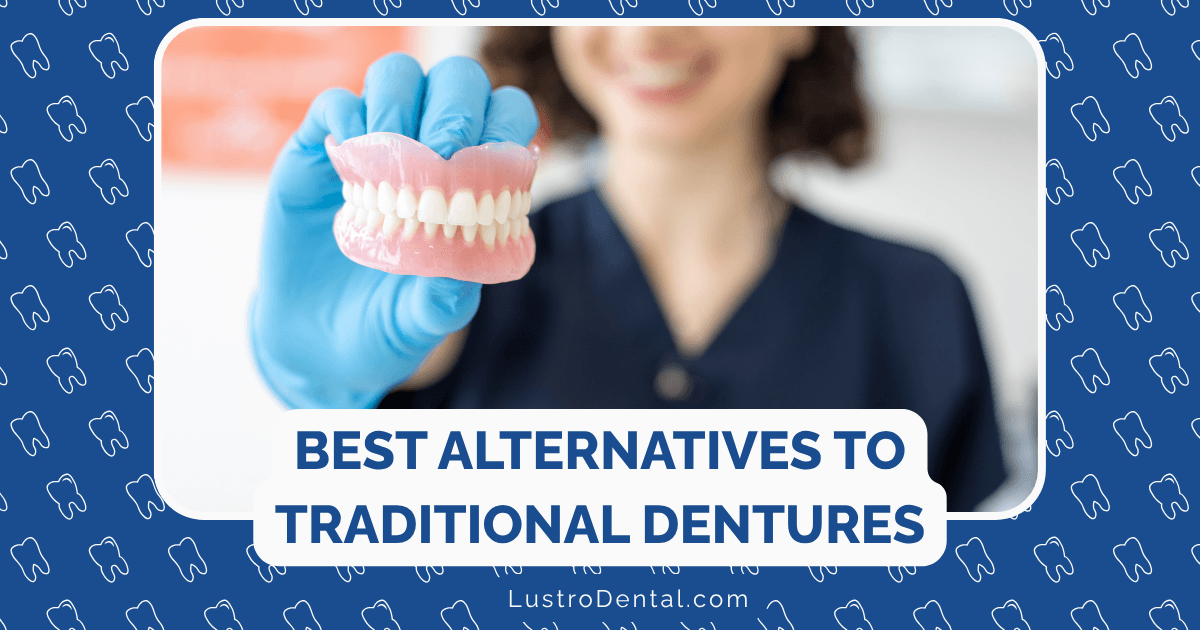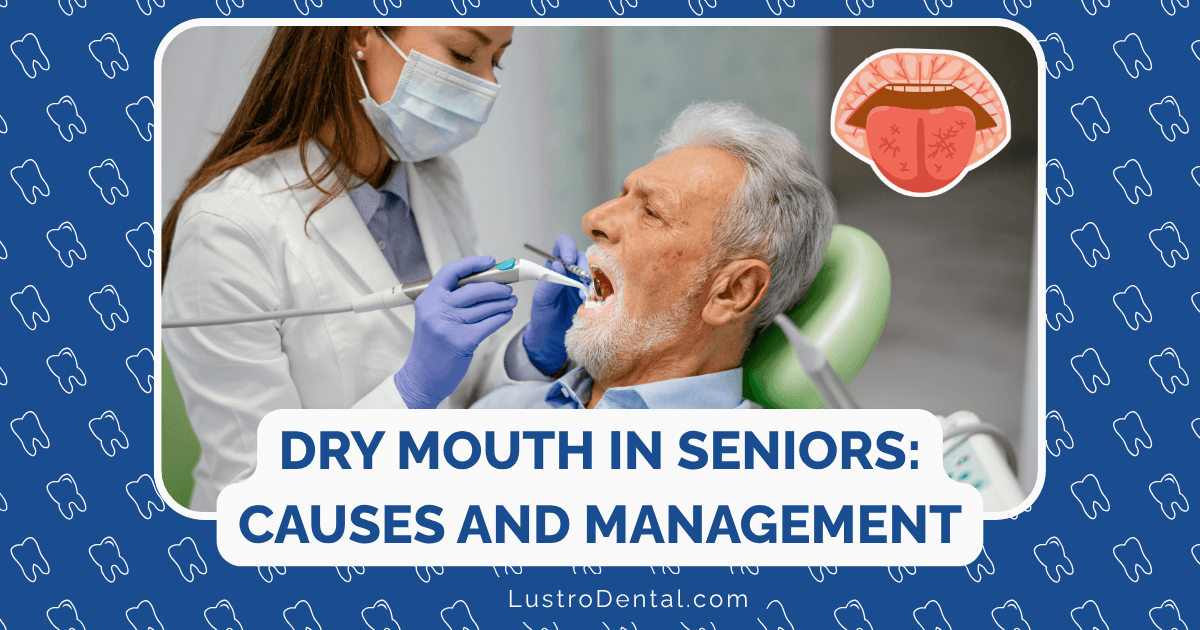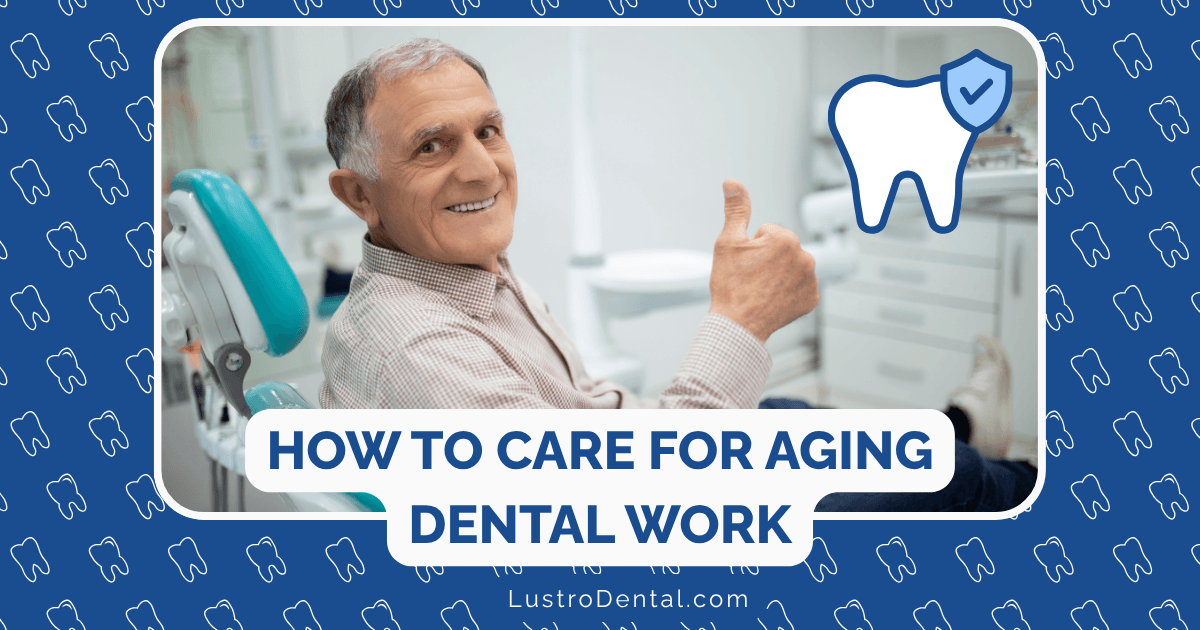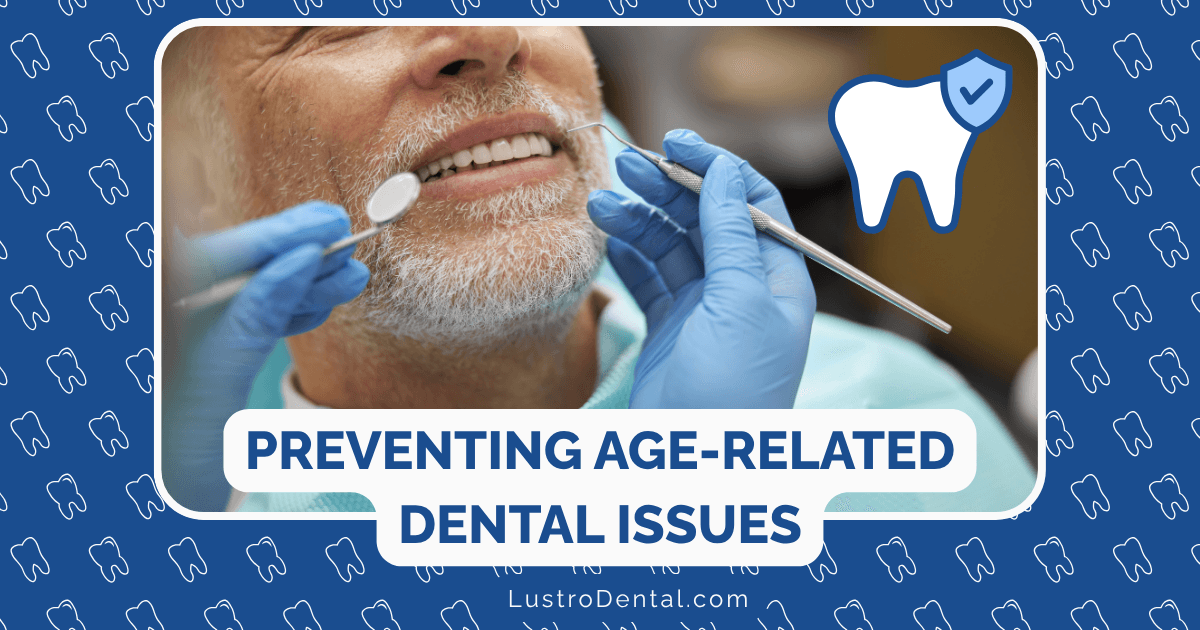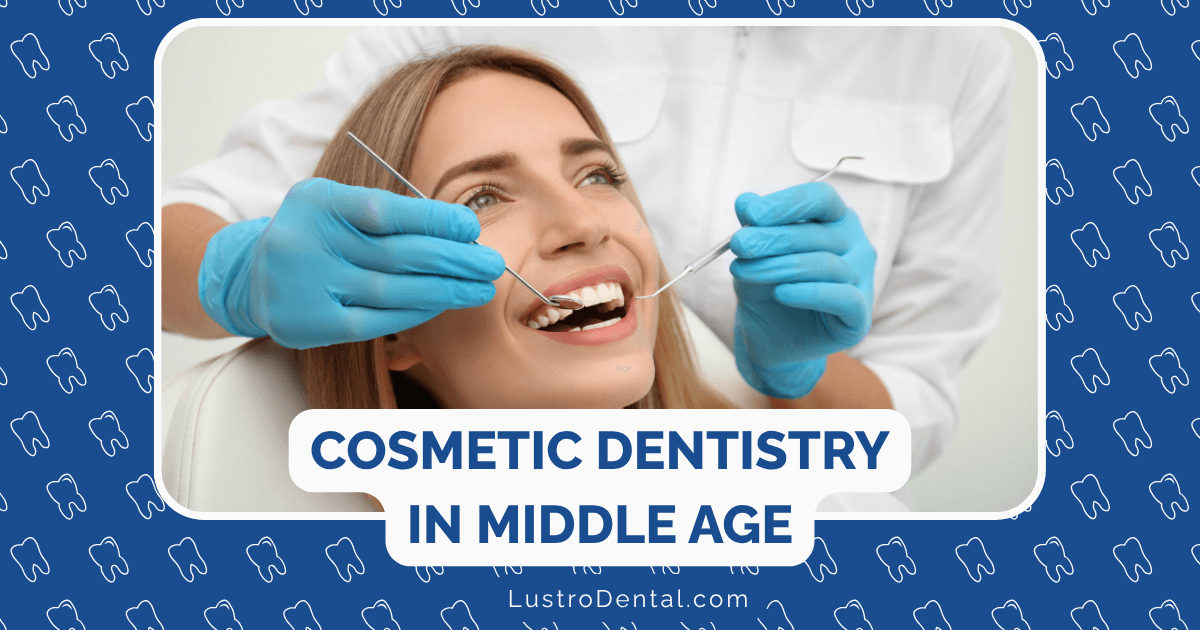Medication Effects on Oral Health in Seniors: Understanding the Connection
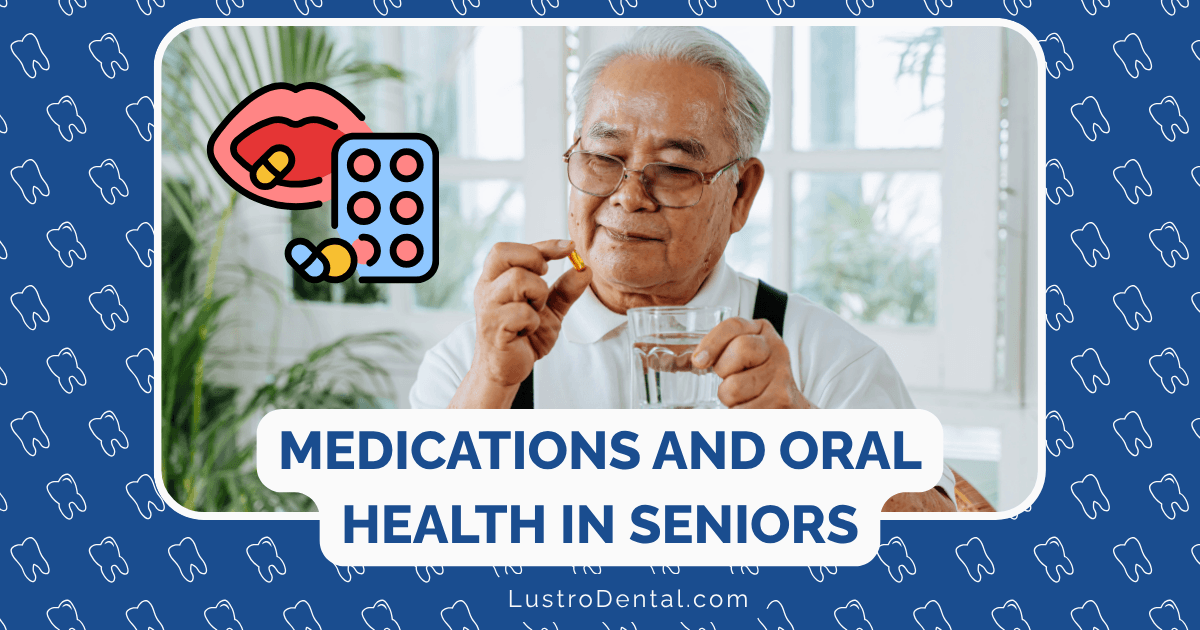
When my father turned 75, he began complaining about a persistent dry feeling in his mouth. Despite drinking more water, the dryness continued, eventually leading to several cavities—something he hadn’t experienced in decades. The culprit? Not poor oral hygiene or age alone, but a combination of the five different medications he was taking for his heart condition, arthritis, and mild depression.
This scenario is remarkably common. According to the American Dental Association, approximately 30% of adults over 65 and up to 40% of those over 80 experience medication-related oral health issues. With the average older adult taking 4-5 prescription medications daily, understanding how these pharmaceuticals affect oral health has never been more important.
Let’s explore the complex relationship between medications and oral health in seniors, and most importantly, what can be done to mitigate these effects.
The Medication-Oral Health Connection: More Complex Than You Think
The relationship between medications and oral health isn’t always straightforward. Medications can affect oral health through several mechanisms:
1. Direct Effects on Saliva Production
Saliva is your mouth’s natural defense system. It:
- Washes away food particles
- Neutralizes acids produced by bacteria
- Contains antimicrobial compounds
- Helps remineralize tooth enamel
- Facilitates speaking and swallowing
“When medications reduce saliva flow, they’re essentially disabling your body’s built-in oral health protection system,” explains Dr. Sarah Chen, a geriatric dentist specializing in medication-related oral health issues. “It’s like turning off your home’s security system and leaving the doors unlocked.”
2. Impact on Oral Tissues
Some medications directly affect the gums, tongue, and other soft tissues in the mouth, causing:
- Inflammation
- Overgrowth
- Ulceration
- Changes in the microbiome (bacterial balance)
3. Indirect Effects Through Systemic Changes
Medications that alter bodily systems can indirectly impact oral health:
- Blood-thinning medications can increase bleeding during brushing or dental procedures
- Immunosuppressants can reduce the body’s ability to fight oral infections
- Medications affecting bone metabolism can impact the jawbone and tooth stability
Common Medications and Their Oral Health Effects
Let’s examine the most common classes of medications prescribed to seniors and their specific effects on oral health:
Antihypertensives (Blood Pressure Medications)
Types: ACE inhibitors, calcium channel blockers, beta-blockers, diuretics
Oral health effects:
- Dry mouth: Particularly common with diuretics as they reduce fluid throughout the body
- Gingival overgrowth: Calcium channel blockers like nifedipine and amlodipine can cause excessive gum tissue growth
- Altered taste: ACE inhibitors may cause a metallic or diminished taste sensation
- Oral ulcers: Some antihypertensives can cause mouth sores in sensitive individuals
“I see gingival overgrowth frequently in patients taking calcium channel blockers,” notes Dr. James Wilson, a periodontist. “The excess gum tissue creates deep pockets where bacteria can hide, making oral hygiene much more challenging and increasing the risk of periodontal disease.”
Antidepressants
Types: Selective serotonin reuptake inhibitors (SSRIs), tricyclic antidepressants, serotonin and norepinephrine reuptake inhibitors (SNRIs)
Oral health effects:
- Severe dry mouth: Particularly with tricyclic antidepressants, which have strong anticholinergic effects
- Bruxism (teeth grinding): SSRIs can increase the risk of unconscious grinding and clenching
- Burning mouth syndrome: Some antidepressants can cause a burning sensation in the mouth
- Taste disturbances: Altered or diminished taste perception
According to research published in the Journal of Dental Research, antidepressants are among the medications most strongly associated with xerostomia in older adults.
Antihistamines
Types: First-generation (diphenhydramine/Benadryl) and second-generation (cetirizine/Zyrtec, loratadine/Claritin)
Oral health effects:
- Dry mouth: Particularly pronounced with first-generation antihistamines
- Thick, ropy saliva: Reduced saliva flow with changed consistency
- Increased plaque buildup: Due to reduced saliva’s cleaning action
“Many seniors don’t realize that over-the-counter sleep aids often contain antihistamines, which can significantly worsen dry mouth,” cautions Dr. Chen. “Taking these medications regularly before bed means spending 8 hours with minimal saliva production—a perfect environment for bacteria to thrive.”
Pain Medications
Types: Opioids, NSAIDs, acetaminophen
Oral health effects:
- Dry mouth: Particularly with opioids
- Increased bleeding risk: NSAIDs can increase bleeding during dental procedures
- Oral infections: Opioids may suppress immune function
- Reduced pain perception: May mask dental problems until they become severe
Other Common Medications
- Anti-anxiety medications: Cause dry mouth and sometimes gum problems
- Parkinson’s medications: Often lead to severe dry mouth and drooling
- Anticonvulsants: Can cause gingival overgrowth similar to calcium channel blockers
- Bisphosphonates (for osteoporosis): Associated with rare but serious jaw bone problems
- Inhaled corticosteroids (for asthma/COPD): Can lead to oral fungal infections and dry mouth
The Compounding Effect of Polypharmacy
Taking multiple medications—known as polypharmacy—is extremely common among seniors and significantly increases oral health risks. A study published in the Journal of the American Geriatrics Society found that individuals taking three or more prescriptions had a significantly higher Root Caries Index, indicating more cavities.
“It’s not just about individual medications,” explains Dr. Wilson. “When multiple medications with similar side effects are combined, the impact is often multiplicative, not just additive. Three medications that each cause mild dry mouth can together create severe xerostomia.”
The Cascading Complications of Medication-Induced Oral Issues
When medications affect oral health, a cascade of complications can follow:
1. Increased Tooth Decay
Reduced saliva means:
- Less natural cleansing of teeth
- Decreased neutralization of acids
- Reduced remineralization of early decay
- More rapid progression of cavities
“I’ve seen patients who maintained excellent oral health their entire lives suddenly develop multiple cavities in their 70s or 80s after starting new medications,” notes Dr. Chen. “The change can be dramatic and distressing.”
2. Accelerated Gum Disease
Medications can impact gum health by:
- Reducing protective saliva
- Directly affecting gum tissue (as with gingival overgrowth)
- Altering the oral microbiome
- Affecting the immune response
According to the American Dental Association, approximately 68% of adults over 65 with natural teeth have periodontitis, with medication effects being a contributing factor.
3. Functional Impacts
Medication-induced oral health changes can affect:
- Speech: Dry mouth makes articulation difficult
- Eating: Reduced ability to chew and swallow comfortably
- Taste: Altered perception can reduce food enjoyment and appetite
- Denture comfort: Dry mouth makes dentures uncomfortable and less stable
4. Quality of Life
The cumulative effect of these issues can significantly impact quality of life:
- Discomfort and pain
- Embarrassment about bad breath or speech difficulties
- Social isolation due to eating difficulties or concerns about appearance
- Nutritional challenges when eating becomes uncomfortable
Proactive Management Strategies
The good news? With awareness and proactive management, many medication-related oral health issues can be effectively addressed:
1. Medication Review and Adjustment
Work with healthcare providers to:
- Review all medications (including over-the-counter products)
- Consider alternatives with fewer oral side effects when possible
- Adjust dosages to minimize side effects
- Consolidate medications when appropriate
“A comprehensive medication review should be part of every senior’s healthcare routine,” advises Dr. Wilson. “Sometimes a simple switch to a different medication in the same class can dramatically reduce oral side effects.”
2. Enhanced Oral Hygiene Practices
Adapt oral care routines to counter medication effects:
- Brush at least twice daily with fluoride toothpaste
- Use a soft-bristled toothbrush to avoid irritating sensitive tissues
- Clean between teeth daily with floss, water flossers, or interdental brushes
- Consider an alcohol-free antimicrobial mouthwash
“For patients with medication-induced dry mouth, I often recommend brushing after every meal rather than just morning and night,” says Dr. Chen. “The more frequently you can disrupt bacterial biofilm, the better.”
3. Dry Mouth Management
Combat xerostomia with:
- Hydration: Sip water throughout the day
- Sugar-free gum or lozenges: Stimulate saliva flow
- Xylitol products: Gum, mints, or lozenges with xylitol help stimulate saliva and may reduce cavity-causing bacteria
- Alcohol-free mouthwashes: Specifically formulated for dry mouth
- Saliva substitutes: Gels, sprays, or rinses that mimic natural saliva
- Humidifier: Use while sleeping to prevent nighttime dryness
“One of my most effective recommendations is to keep a water bottle with you at all times,” suggests Dr. Chen. “Small, frequent sips throughout the day are more effective than drinking large amounts occasionally.”
4. Dietary Adaptations
Adjust eating habits to protect oral health:
- Limit sugary foods and beverages, which can accelerate decay in a dry mouth
- Avoid acidic foods and drinks that can erode enamel
- Choose foods that require chewing to stimulate saliva flow
- Stay hydrated with water rather than dehydrating beverages like alcohol and caffeine
- Consider calcium and vitamin D supplementation for bone and tooth health
5. Professional Dental Care
Work closely with dental professionals:
- Increase check-up frequency: Every 3-4 months rather than every 6 months
- Professional fluoride treatments: In-office applications provide extra protection
- Prescription-strength fluoride toothpaste: Contains higher fluoride concentrations
- Custom treatment plans: Tailored to address specific medication-related issues
“I recommend that my patients on multiple medications come in for more frequent cleanings and assessments,” says Dr. Wilson. “Catching problems early is especially important when medications accelerate dental issues.”
6. Prescription Interventions
For severe medication-induced dry mouth, dentists or physicians may prescribe:
- Pilocarpine (Salagen): Stimulates saliva production
- Cevimeline (Evoxac): Increases saliva flow
- Fluoride trays: Custom-fitted trays for at-home fluoride application
Real-Life Management: A Case Study
Let’s return to my father’s experience as an example of effective management:
- Medication review: His cardiologist switched one blood pressure medication to an alternative with fewer oral side effects
- Enhanced home care: He added an electric toothbrush, water flosser, and prescription-strength fluoride toothpaste
- Dry mouth management: He began using xylitol lozenges, a dry mouth gel at night, and carrying a water bottle
- Professional care: He increased dental visits to every four months and received in-office fluoride treatments
- Lifestyle changes: He reduced caffeine intake and used a bedroom humidifier
The result? No new cavities in the three years since implementing these changes, and significantly improved comfort.
The Importance of Communication
Perhaps the most crucial aspect of managing medication effects on oral health is communication between healthcare providers:
- Inform your dentist about all medications you take, including over-the-counter products
- Tell your physician about any oral side effects you experience
- Encourage communication between your dentist and physician when necessary
- Don’t assume oral problems are just “part of aging”—they may be medication-related and manageable
“The disconnect between medical and dental care can be a significant barrier to addressing medication-related oral health issues,” notes Dr. Chen. “Patients often need to be their own advocates, ensuring all their healthcare providers have the complete picture.”
Looking Forward: Emerging Solutions
Research continues to advance our understanding and management of medication effects on oral health:
- New saliva substitutes with improved properties and longer-lasting effects
- Medication delivery systems that reduce oral side effects
- Bioactive materials that help remineralize teeth despite reduced saliva
- Probiotics to help maintain a healthy oral microbiome
The Bottom Line: Awareness and Proactive Management
While medications can significantly impact oral health in seniors, awareness and proactive management can prevent or minimize most complications. The key is recognizing the connection between medications and oral health, rather than attributing problems simply to aging.
By working closely with healthcare providers, maintaining meticulous oral hygiene, and implementing targeted strategies to address specific medication effects, seniors can maintain good oral health despite medication challenges.
Have you or a loved one experienced medication-related oral health issues? What strategies have worked best for you? Share your experiences in the comments below to help others navigating this common but often overlooked aspect of senior health.


